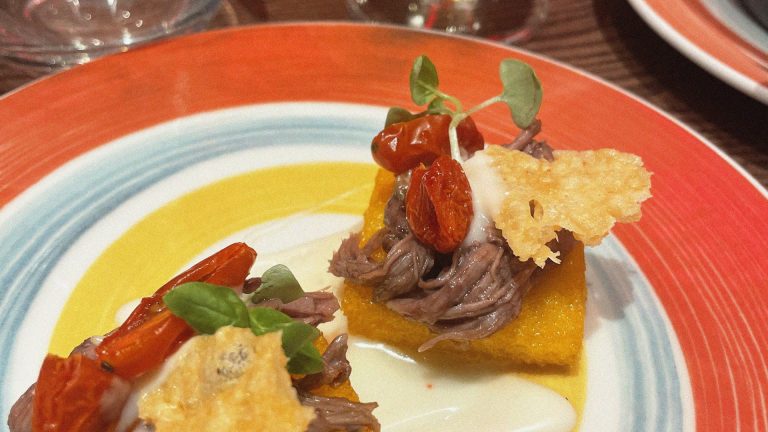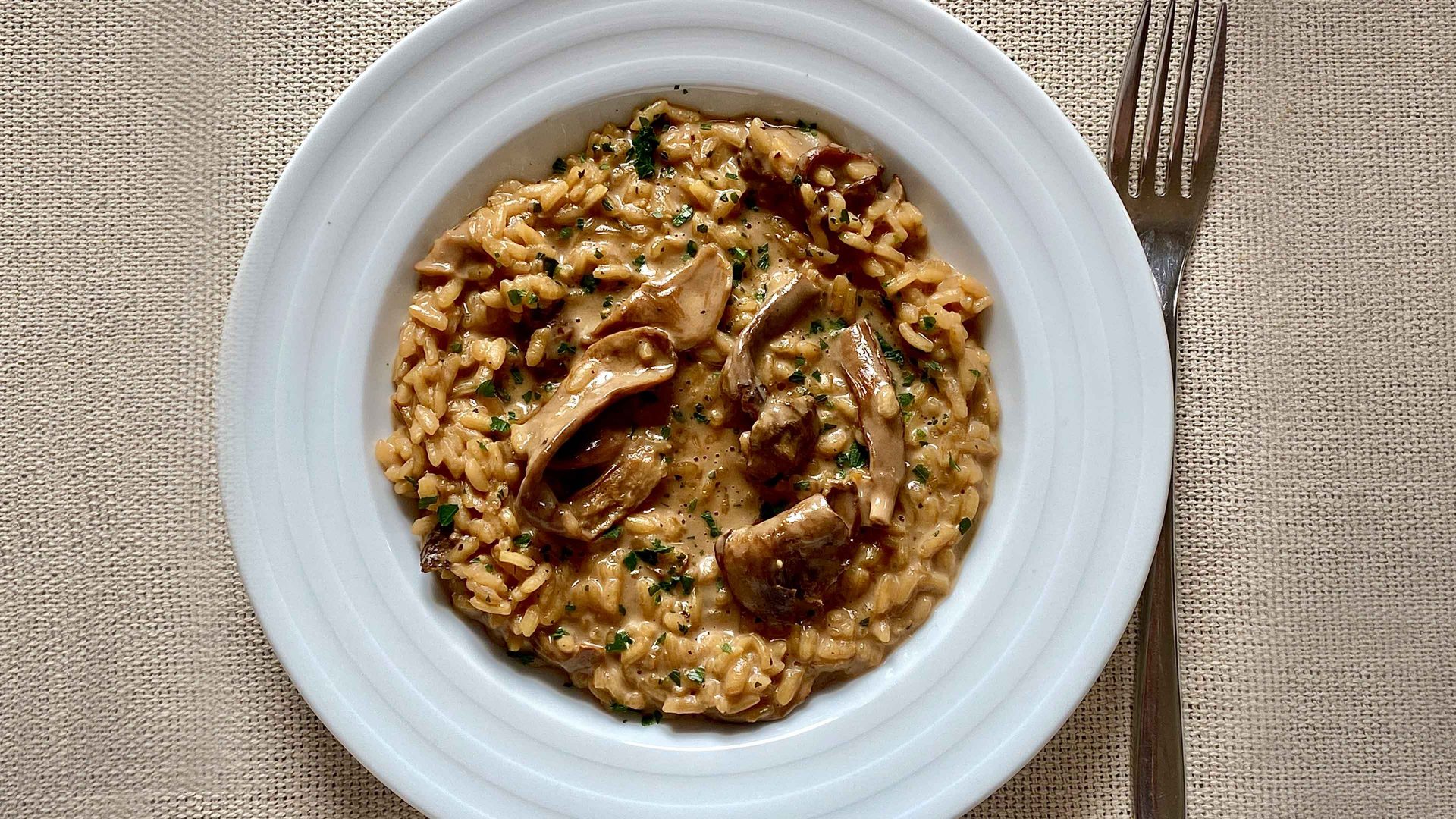It took me a while to get used to risotto when I first moved to Italy – the slimy, porridge-like texture didn’t quite whet my appetite in the same way as a carbonara or canederli – it took time. Six years, to be precise.
These days I’ve learnt to tolerate risotto, especially when made with freshly foraged mushrooms from the forests of Italy’s north. I’ve even tried my hand at making it. But now there is a problem.
“The 2022 droughts were disastrous for us farmers in the Po Valley,” says rice farmer Alice Cerutti. “I wouldn’t say our rice crops were completely destroyed, but there was significant damage.”
The drought was the worst Italy had seen for 200 years, particularly in the areas surrounding the Po River. As a result, 26,000 hectares of rice fields (risaie) were lost, leaving production down by 30% for farmers in Italy’s “golden triangle of rice”, a zone stretching from Pavia in Lombardy to Vercelli and Novara in Piedmont.
To rub salt further into the wound, the area was also hit by drought in 2023, which caused 7,500 hectares of risaie to dry up. Perhaps the figures wouldn’t be so daunting if Italy wasn’t the EU’s largest rice producer. The Boot grows half of the bloc’s rice, with Spain, which saw a 50% decrease in production in 2023 for the same reasons, coming in second.
Alice knows she has her work cut out. She grows arborio rice, a high starch short grain variety that’s used for risotto. “Two years of droughts back to back means we haven’t produced as much,” she tells me. “We buy pure, certified seeds, but unfortunately, they take more time to grow. So yes, there is a huge worry.”
Alice was 27 when she swapped a career in marketing management at Ferrero for a life cultivating arborio rice. That was back in 2008, when she moved from New York City to Vercelli, in the Po Valley, and a 25-hectare piece of land where her grandfather Mario lived.
Alice now lives there with her family and the farm’s territory is included in an ecological network set up by the European Parliament, called the Special Protection Area “Risaie Vercellesi”.
For Alice, arborio – which turns deliciously creamy when cooked – stands out among other popular rice types for risotto including Carnaroli and Vialone Nano.
Suggested Reading


The good madness of Neapolitan tapas
“After my grandfather passed, I was up all night thinking about what would happen to the land and whether it would be sold or unoccupied. I began a very slow transition and a whole new world opened up to me,” Alice adds.
As a self-proclaimed former city dweller, Alice attended young farming associations to learn about rice cultivation. She picked up new techniques along the way that she still employs, such as dry seeding and integrating sheep to improve soil health.
“I plant legumes alongside rice, fixing nitrogen and returning organic matter, and I often welcome a shepherd from Gressoney to graze his sheep, which then enrich the soil,” she says.
Additionally, Alice has planted 5,000 plants and trees to help wildlife biodiversity with the aim of attracting endangered birds, such as the black-tailed godwit whose last recorded nesting site in Italy was Alice’s farm.
The farm is one of four that is certified by national rice organisation Ente Nazionale Risi in Italy to grow arborio. On top of that, Alice is frequently listed as one of Slow Food Italia’s 10 women that save the earth.
When asked what she thinks about the future of risotto, she says: “I think the fundamental message is to conserve the environment as best as I can. We all have to play a part and make a difference.”
“It’s not just about risotto,” she says. “It’s about the land and what we leave our children.”
Jessica Lionnel is a freelance journalist living in Rome




